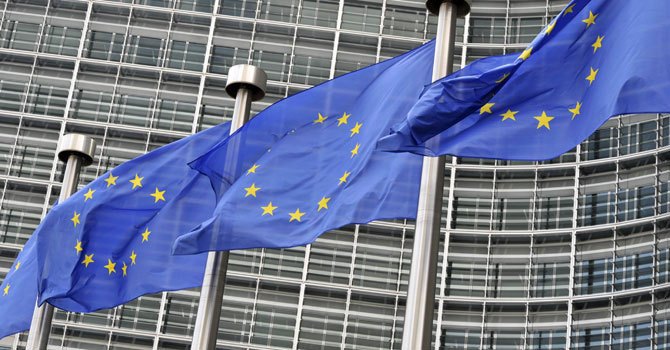ABIDJAN: West African leaders who delivered an ultimatum to Laurent Gbagbo to step down or face a military ouster left Ivory Coast late Tuesday without taking him into exile a month after the UN said he lost the disputed election.
In a sign of escalating tensions in the country, the UN mission said that one of its peacekeepers had been wounded with a machete when a large crowd in a pro-Gbagbo neighborhood encircled a convoy and set one of its three vehicles on fire.
The regional delegation led by presidents from Sierra Leone, Cape Verde and Benin held meetings with both Gbagbo and internationally recognized winner Alassane Ouattara, then returned to meet with Gbagbo a second time late Tuesday before leaving the country.
Gbagbo, the incumbent leader who has been in power for a decade in Ivory Coast, has shown no interest in stepping aside despite the international calls for him to go. While Ouattara has been endorsed by most of the world, Gbagbo still maintains control of Ivory Coast’s military and security forces.
Weeks of postelection violence have left at least 173 people dead, according to the United Nations. The toll is believed to be much higher: The UN said it has been unable to investigate reports of a mass grave because of restrictions on UN personnel movements.
There also have been growing concerns about violence targeting peacekeepers since Gbagbo called for the UN mission known as UNOCI to leave earlier this month, and the UN said Tuesday one of its peacekeepers had been wounded.
"UNOCI vigorously condemns this attack and reiterates its determination to pursue its work in the service of the Ivorian people," the UN mission said in a statement.
The regional leaders had hoped to persuade Gbagbo to leave Ivory Coast with them after their one-day mission, saying he would be offered asylum in neighboring countries.
The 15-nation regional bloc ECOWAS threatened to use "legitimate force" if Gbagbo does not relinquish power though it has not publicly specified a deadline. Nigeria has the strongest army in the region and is expected to play a major role if an operation is launched to oust Gbagbo.
Ouattara’s camp has been confident in recent days that such help is coming.
"It’s not a bluff," one senior Ouattara adviser said Monday on condition of anonymity because of the sensitivity of the matter. "The soldiers are coming much faster than anyone thinks."
ECOWAS has intervened in past regional disputes, including the seizing of Sierra Leone’s capital in 1998 that forced military junta leaders to flee and allowed an elected president to return to power. ECOWAS also intervened in Liberia in 1990 and its forces stayed for several years. It has sent troops to Guinea-Bissau as well.
Some analysts feel an ECOWAS mission in Ivory Coast would entail a full-scale invasion, causing numerous civilian casualties.



